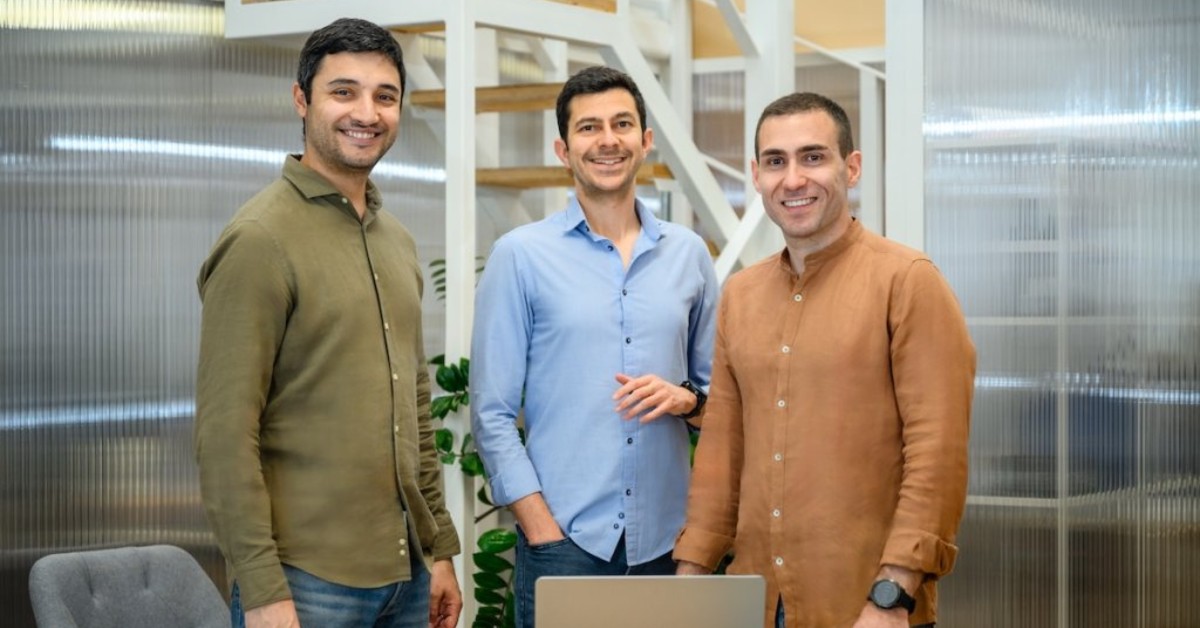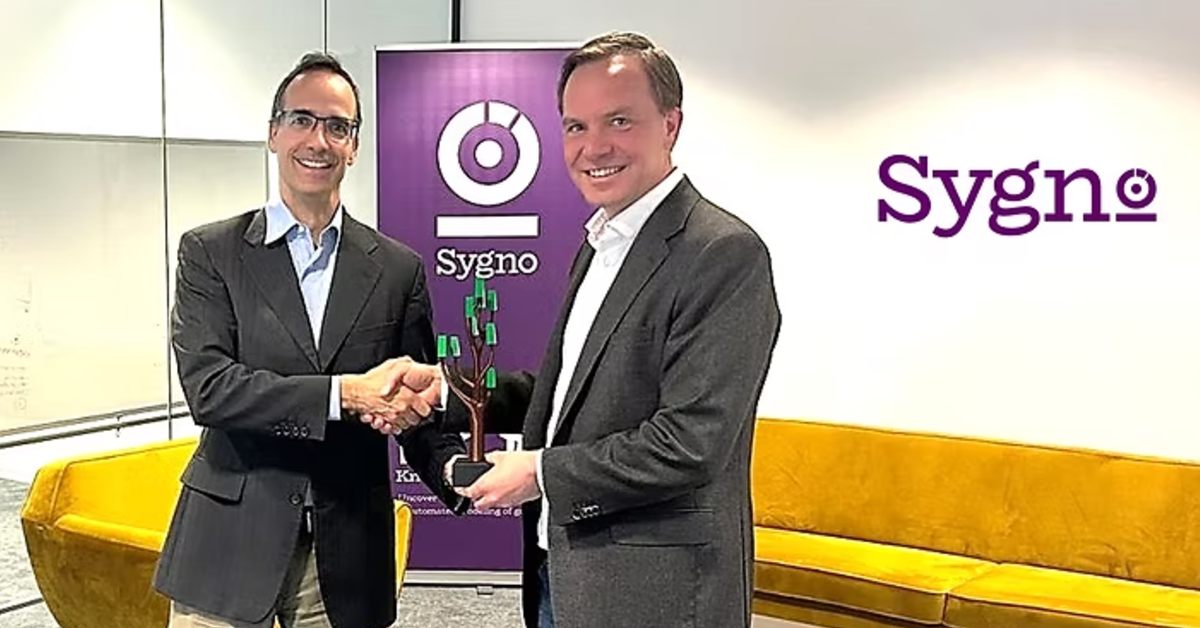Anyone working in enterprise B2B knows that sales processes can be excruciatingly long and slow. I’ve lost count of the number of meetings I’ve sat through, knowing that the people on the screen don’t have the internal pull to get the project moving. Even worse, knowing that the relatively small budget needed to finance a pilot project is just as difficult to get approved as the full implementation budget. It becomes a chicken-and-egg problem – without a green light for the egg, you’ll never sell the high-value chicken.
About a month ago, we stumbled upon the AI website tool Lovable.dev and decided to rebuild our outdated site. Within a week, it was up and running – and has since remained in the top 3 most remixed websites on the Lovable platform. As of today, over 2700 people have used our website as a template for their own services. This unexpected development has brought three significant (and partly surprising) wins, along with a number of issues – particularly with our Google Analytics tracking.
Getting rid of the need for paid pilots
To sign off on large projects, enterprise customers need a complex combination of trust, understanding, and crystal-clear specifications. Historically, we’ve always needed to charge for an initial pilot – or at the very least, a paid brainstorming session—to define what a solution could look like. The problem is that any outgoing payment has to go through management, budget committees, procurement departments, and probably ten other checkpoints. Whether it’s €5,000 or €500,000, the process is the same.
Now, thanks to tools like Lovable.dev, we walk into the first meeting with a near-complete demo. This is what we want to build. This is what it looks like. These are the features. And it’s already branded in the customer’s colours.
The difference is extraordinary. We impress. Our counterpart impresses their internal team with rapid progress. We demonstrate that we “get it.” We cut down the number of meetings needed by a factor of ten. And most importantly, we can skip the pilot and go straight to the real deal – the implementation project that actually creates value for both sides.
Marketing from unexpected places
Being ranked among the top 3 on a trending platform like Lovable comes with extra perks. Developers, AI researchers, decision-makers, and Google’s algorithms all suddenly take an interest in what we’re doing at WRLDS. While most of this attention doesn’t convert into direct business, it generates credibility and visibility. It gives us an angle to reach out to media – like with this article.
This isn’t a lesson specific to AI website tools. It’s a broader lesson: sometimes it’s not about doing the smartest thing – it’s about trying something new and using the results when they turn out well, even if they’re unexpected. You never know what doors will open. In our case, this has been our best marketing campaign of the year – and it didn’t cost us a cent.
Don’t repeat our mistake
Last week, while analysing our Google Analytics data, we noticed thousands of views coming from a subdomain we didn’t recognise. It turned out that every remix of Lovable included our original Google Analytics tag. Over 2700 websites were sending traffic data to our account, and we had to reset our GA domain to stop it.
While this was more annoying than dangerous in our case, it illustrates how vulnerable you can be with new tools. With a single click, anyone can copy your entire codebase – including keys to backend services, APIs, and more. For us, the website is just a marketing asset with no sensitive logic. But for companies with payment systems or embedded IP, this could be catastrophic.
And then there’s the other side: those 2700 people now have websites with copy-pasted privacy policies, third-party cookies owned by us, and copyright icons referring to WRLDS instead of their own business. We’re not taking action, since none of it appears to be in bad faith. But still, the point is: be careful with AI tools. It’s almost impossible to foresee every legal or technical issue unless you understand the underlying systems.
And let’s be honest – how many of us actually do that kind of due diligence before we start using these tools?
Author
Felix von Heland is CEO of WRLDS Technologies, a Swedish company developing smart sensor platforms for industrial, military, and consumer applications. He has a background in business development and has led WRLDS through multiple product launches in the B2B IoT space.










01
From Mexico City to Rotterdam: How the Dutch Startup Visa launched Estefania Hernandez’s HR tech revolution